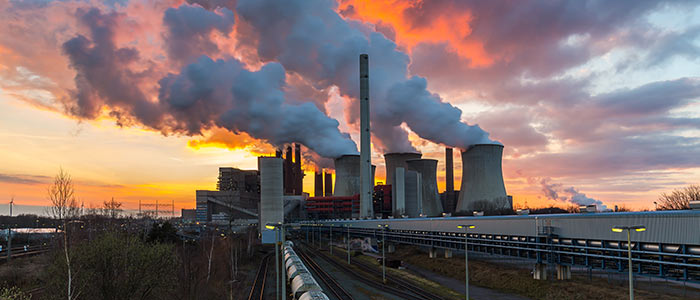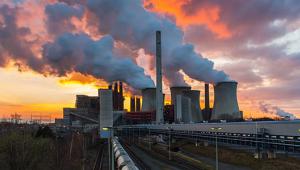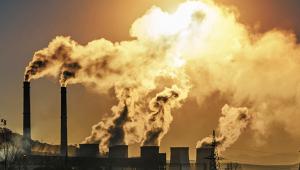Web_GreenhouseGasses_shutterstock_314808188.jpg

Greenhouse gas emissions
Ahead of the meeting of the leaders of the world’s most powerful economies in Hangzhou, China, this weekend, mayors from many of the G20 cities and beyond, including New York, London, Tokyo, Rio de Janeiro, Mexico and Cape Town, put their names to an open letter to the G20.
The letter commended the “vital leadership” shown by the group in adopting the landmark Paris agreement, signed last December at the annual climate conference COP21. An unprecedented 195 nations agreed to limit global warming to less than 2°C by 2030.
However, the letter continued to say that this was only the “first step along the road towards our low carbon, climate safe future”.
“To limit the global temperature increase to 1.5°C above pre-industrial levels, global greenhouse gas emissions need to peak by 2020. Achieving such a rapid shift is one of the greatest political, economic and practical challenges faced by every national leader,” it warned.
The mayors said that many of their cities were already dealing with the consequences of climate change, from floods to heatwaves, water shortages and air pollution.
But they also pointed out that many are ensuring they are part of the solution: Chinese cities have rolled out fleets of electric buses; South American and Indian cities have banned the most polluting cars from city centres; and North American cities are retrofitting tens of thousands of buildings to deliver greater energy efficiency.
“We are taking bold actions to cut emissions and prepare for the worst effects of a warming planet,” the letter said. “You do have great allies in this task – we, the mayors of the megacities of the world.”
Their cities are already seeing the benefits, it continued, including improved public health, cleaner air, faster growth and greater equity.
“For the major cities of our world, it is already clear that the faster we move to a low carbon economy, the greater will be the improvement in urban citizens’ standards of living, and the stronger and more sustained will be the economic development that makes that possible.
“We want our citizens, markets and other political leaders to know that we are serious about making the Paris Agreement a reality. We call on the heads of states from our respective nations to do the same.”













